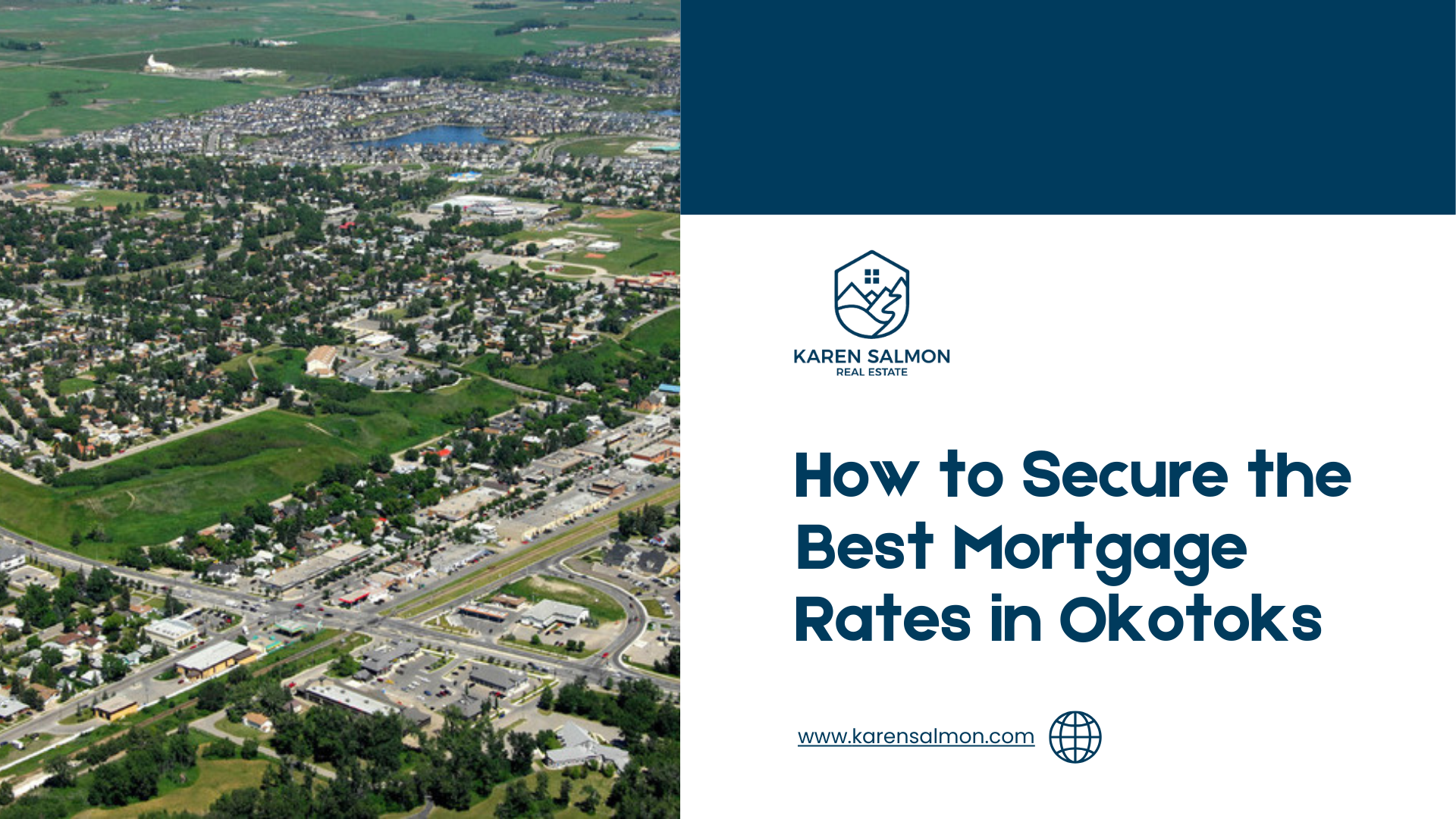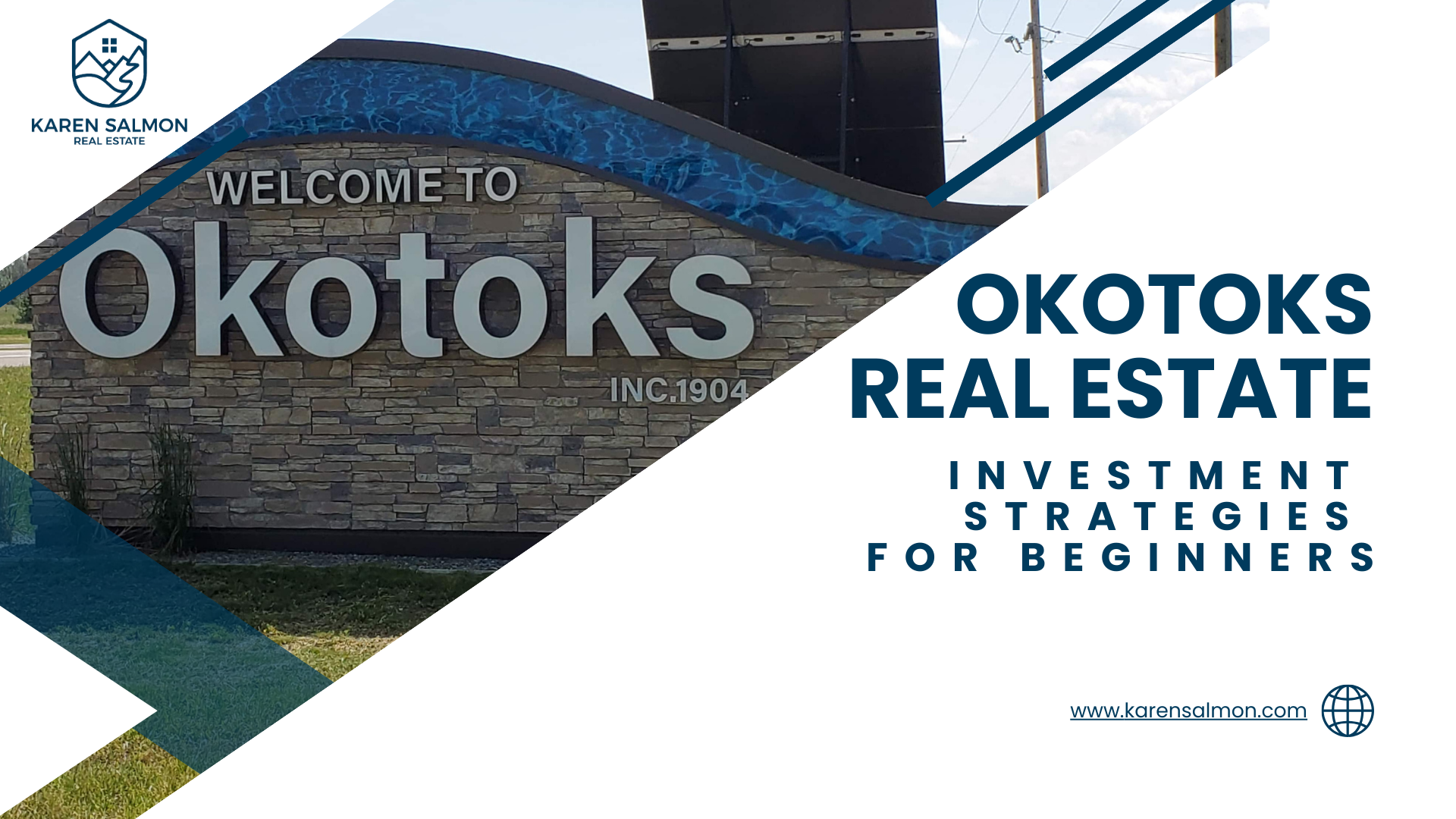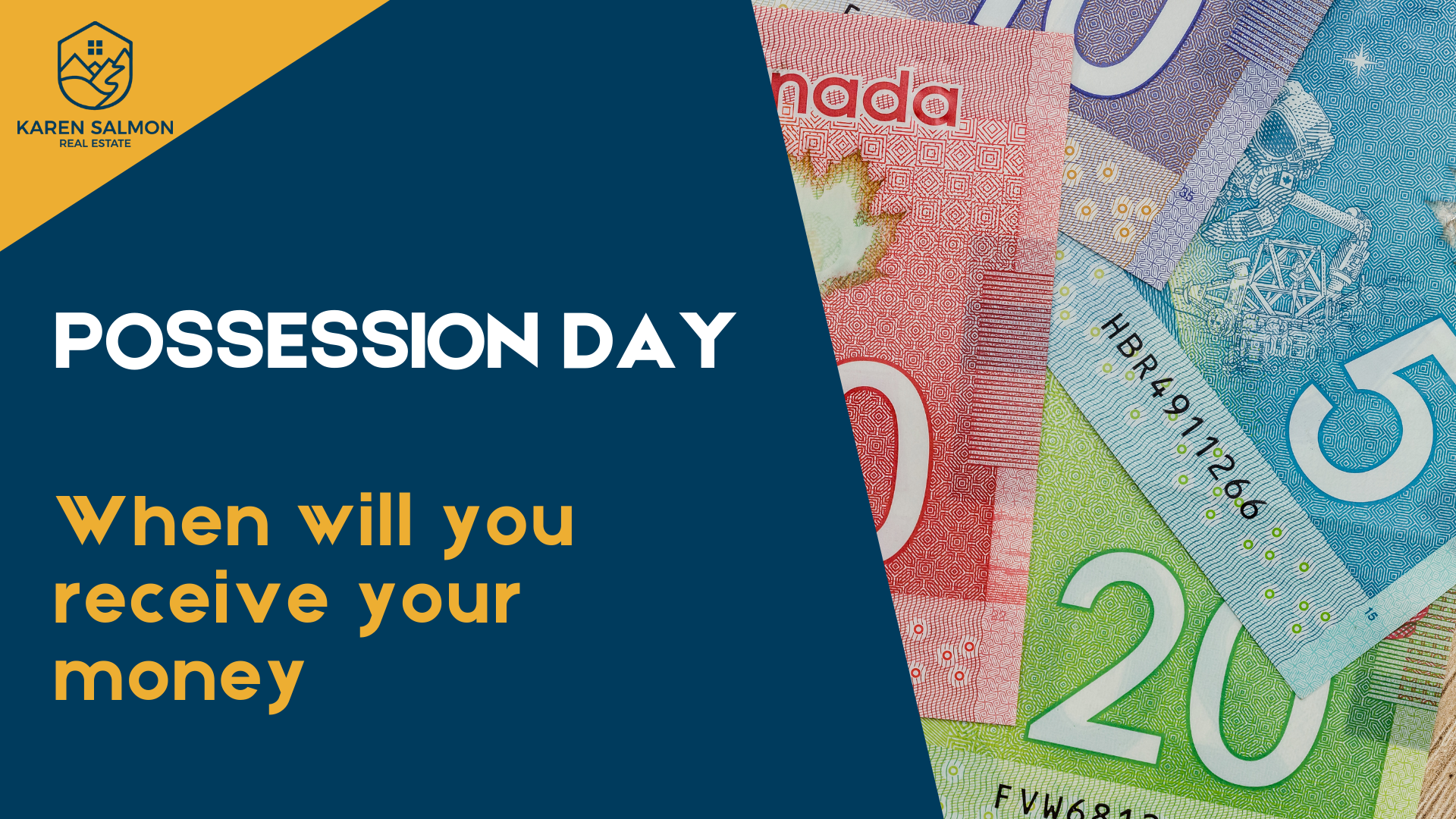Securing the best mortgage rates is a crucial step in the home-buying process, and it can save you thousands of dollars over the life of your loan. For prospective homebuyers in Okotoks, understanding the factors that influence mortgage rates and how to navigate the mortgage market is essential. This comprehensive guide will walk you through the steps to secure the best mortgage rates in Okotoks.
Understanding Mortgage Rates
Mortgage rates are influenced by various factors, including economic conditions, your financial profile, and the type of mortgage you choose. Here are some key components:
Economic Conditions: National and global economic trends can impact mortgage rates. Factors such as inflation, employment rates, and the Bank of Canada's policies play significant roles.
Credit Score: Your credit score is a critical factor. Higher scores typically qualify you for lower rates because they indicate less risk to lenders.
Loan Type and Term: The type of mortgage (fixed or variable) and the term length (15-year, 30-year, etc.) can affect your interest rate. Fixed-rate mortgages generally have higher rates initially compared to variable-rate mortgages but offer stability over time.
Down Payment: A larger down payment can lower your mortgage rate by reducing the loan-to-value ratio (LTV).
Steps to Secure the Best Mortgage Rates
1. Improve Your Credit Score
A high credit score is one of the most effective ways to secure a lower mortgage rate. Here are some tips to improve your credit score:
Pay Bills on Time: Consistently paying your bills on time has a positive impact on your credit score. Setting up automatic payments or reminders can help you stay on track.
Reduce Debt: Lowering your credit card balances and paying off loans can improve your score. Aim to keep your credit utilization ratio (the amount of credit you use compared to your credit limit) below 30%.
Avoid New Credit: Avoid opening new credit accounts or taking on new debt in the months leading up to your mortgage application. Each hard inquiry can slightly lower your score, and new credit can affect your overall credit profile.
Check Your Credit Report: Obtain a free copy of your credit report and review it for errors. Dispute any inaccuracies with the credit bureau to ensure your score is accurate.
2. Save for a Larger Down Payment
The size of your down payment can significantly impact your mortgage rate. Aim for a down payment of at least 20% of the home's purchase price to avoid private mortgage insurance (PMI) and secure a better rate. Even a slightly larger down payment can help you negotiate a lower interest rate with lenders. Here’s how to boost your down payment:
Set a Savings Goal: Determine how much you need to save and create a timeline for reaching your goal. Automate your savings by setting up automatic transfers to a dedicated savings account.
Cut Unnecessary Expenses: Review your monthly expenses and identify areas where you can cut back. Redirect those savings towards your down payment fund.
Consider Additional Income Sources: Explore side gigs or part-time work to increase your income. Use the extra earnings to boost your down payment savings.
3. Shop Around for Lenders
Mortgage rates can vary significantly between lenders. It's essential to shop around and compare rates from multiple lenders, including banks, credit unions, and online mortgage brokers. Here are some steps:
Get Multiple Quotes: Request quotes from at least three different lenders to compare rates and terms. Be sure to consider the annual percentage rate (APR), which includes both the interest rate and any fees associated with the loan.
Negotiate: Don’t be afraid to negotiate with lenders. If you have a strong financial profile, you may be able to secure better terms. Let lenders know you’re shopping around and ask if they can match or beat other offers.
Consider Mortgage Brokers: Mortgage brokers can help you find competitive rates by comparing offers from multiple lenders on your behalf. They often have access to exclusive deals and can provide valuable insights into the mortgage market.
4. Consider the Mortgage Term
The length of your mortgage term can affect your interest rate. Generally, shorter terms, like 15-year mortgages, come with lower rates compared to 30-year mortgages. While your monthly payments will be higher, you'll pay less in interest over the life of the loan. Evaluate your financial situation to determine which term works best for you. Here’s how to decide:
Assess Your Financial Stability: Shorter terms mean higher monthly payments. Ensure your income is stable and you can comfortably afford the higher payments.
Long-Term Savings: Calculate the total interest paid over the life of the loan for different terms. Even though shorter terms have higher payments, the overall interest savings can be substantial.
Future Financial Goals: Consider your long-term financial goals. If you plan to retire early or invest in other areas, a shorter term may help you achieve these goals faster by paying off your mortgage sooner.
5. Lock in Your Rate
Once you find a favorable mortgage rate, consider locking it in. A rate lock guarantees your interest rate for a specified period, typically 30 to 60 days. This can protect you from rate increases while you complete the home-buying process. Be sure to understand the terms and any potential fees associated with a rate lock. Here’s what to consider:
Rate Lock Period: Ensure the rate lock period is long enough to cover the time needed to close on your home. If you anticipate delays, discuss extension options with your lender.
Rate Lock Fees: Some lenders charge fees for locking in a rate. Weigh the cost of the fee against the potential savings from securing a lower rate.
Market Trends: Monitor market trends and economic indicators. If rates are expected to rise, locking in a rate can provide peace of mind and financial protection.
6. Explore Government Programs
There are several government programs designed to help homebuyers secure favorable mortgage rates. In Canada, the Canada Mortgage and Housing Corporation (CMHC) offers various programs for first-time homebuyers. Research these programs to see if you qualify for any assistance or benefits. Here are some programs to consider:
Home Buyers’ Plan (HBP): The HBP allows first-time homebuyers to withdraw up to $35,000 from their RRSP to buy or build a qualifying home. The 2024 budget will hopefully increase this amount to $60 000
CMHC-Insured Mortgages: CMHC provides mortgage loan insurance that helps qualified buyers purchase a home with a minimum down payment of 5%.
First-Time Home Buyer Incentive: This program offered shared equity mortgages to help first-time buyers reduce their monthly mortgage payments without increasing their down payment. The program is no longer accepting applications.
7. Prepare Your Documentation
Lenders require various documents to assess your financial health and determine your mortgage rate. Be prepared with the following:
Proof of Income: Pay stubs, tax returns, and employment verification. If you’re self-employed, provide additional documentation such as profit and loss statements.
Credit Report: A copy of your credit report to verify your credit history. Lenders will pull their own report, but it’s good to have your own copy to ensure accuracy.
Asset Statements: Bank statements, investment accounts, and other assets. This demonstrates your financial stability and ability to make a down payment.
Debt Information: Documentation of any outstanding debts, including credit cards, loans, and other obligations. Lenders use this information to calculate your debt-to-income ratio.
8. Stay Informed About Market Trends
Mortgage rates can fluctuate based on market conditions. Stay informed about economic trends and interest rate forecasts. Understanding the broader economic landscape can help you make more informed decisions about when to lock in your rate. Here’s how to stay informed:
Follow Financial News: Subscribe to financial news websites, blogs, and newsletters to stay updated on economic trends and mortgage rate forecasts.
Consult Your Lender: Maintain open communication with your lender. They can provide insights into market trends and advise you on the best times to lock in a rate.
Attend Seminars and Workshops: Participate in local seminars and workshops on home buying and mortgage rates. These events often feature industry experts who can provide valuable information.
9. Consider Refinancing in the Future
If you secure a mortgage rate but rates decrease significantly in the future, refinancing could be an option to lower your rate. Refinancing involves obtaining a new mortgage to replace your current one, ideally at a lower interest rate. Keep an eye on market trends and consult with your lender about refinancing options if rates drop. Here’s what to consider:
Refinancing Costs: Refinancing involves closing costs and fees. Calculate whether the potential savings from a lower rate outweigh these costs.
Loan Terms: Consider the terms of the new loan. Extending the term can lower your monthly payments but may increase the total interest paid over the life of the loan.
Break-Even Point: Determine the break-even point, the time it takes for the savings from a lower rate to cover the refinancing costs. If you plan to stay in your home beyond this point, refinancing may be beneficial.
Conclusion
Securing the best mortgage rates in Okotoks involves a combination of financial preparation, research, and strategic decision-making. By improving your credit score, saving for a larger down payment, shopping around for lenders, and staying informed about market trends, you can position yourself to secure a favorable mortgage rate. Remember, the effort you put into securing the best rate can lead to substantial savings over the life of your mortgage, making your home-buying journey in Okotoks more financially rewarding. Take the time to understand the mortgage market, consult with professionals, and make informed decisions to achieve your homeownership goals with confidence.




